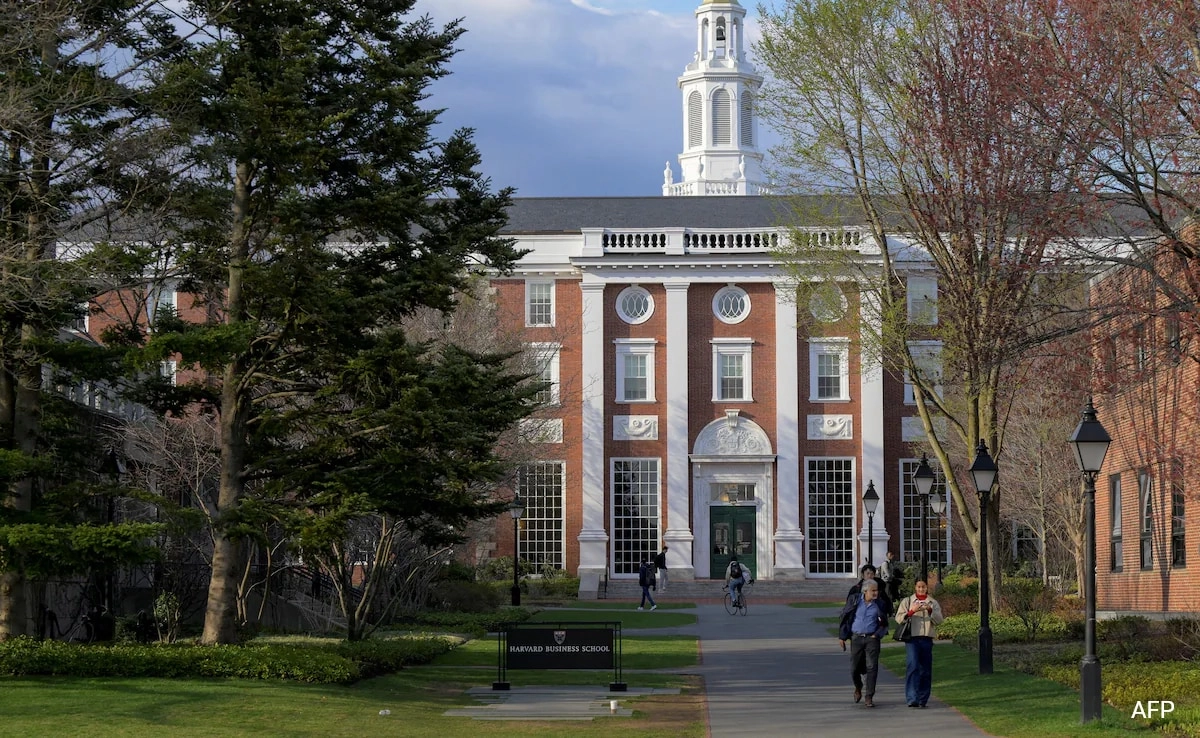Harvard University has publicly commented on the implications of former President Donald Trump’s policies that have affected its ability to enroll foreign students. The institution highlighted the critical role that international students play in its academic community and the broader implications of limiting their enrollment. Harvard has long prided itself on its diverse student body, which includes individuals from various countries, cultures, and backgrounds. This diversity not only enriches the learning environment but also fosters global perspectives that are essential in today’s interconnected world.
The Trump administration implemented several immigration restrictions that raised concerns among educational institutions, including those related to student visas and the ability of foreign students to study in the United States. Harvard expressed its commitment to maintaining an inclusive and welcoming environment for all students, regardless of their nationality. The university emphasized that international students contribute significantly to the academic and cultural fabric of the campus, and their presence is vital for the institution’s mission of fostering a robust educational experience.
Moreover, Harvard pointed out the potential economic consequences of restricting foreign student enrollment. International students contribute billions of dollars to the U.S. economy through tuition and living expenses, supporting local businesses and creating jobs. By limiting access to higher education for these individuals, the country risks losing out on talented minds that could contribute to innovation and research. The university’s stance reflects a broader concern among American higher education institutions about the long-term impacts of policies that deter international students from pursuing their studies in the U.S.
In summary, Harvard’s response to the challenges posed by Trump’s immigration policies underscores the importance of international students in enriching the educational ecosystem. The university’s commitment to fostering diversity and inclusivity remains steadfast, as it seeks to adapt to changing regulations while advocating for the value that foreign students bring to American higher education. The ongoing dialogue about immigration and education will undoubtedly influence future policies and the landscape of higher education in the United States.




